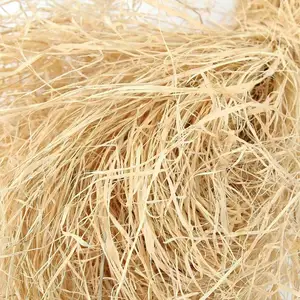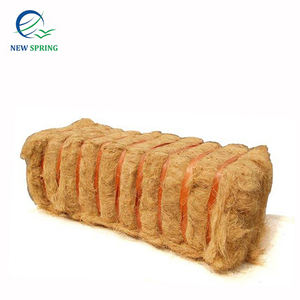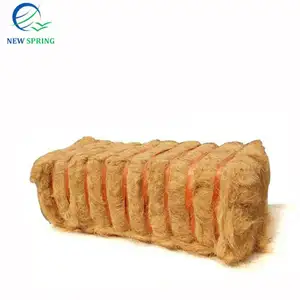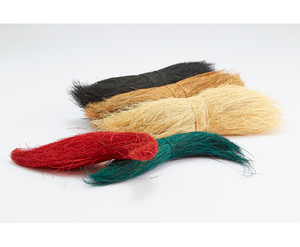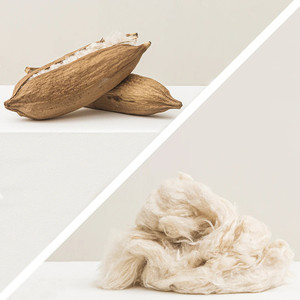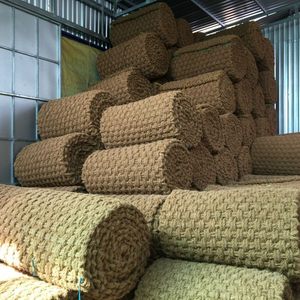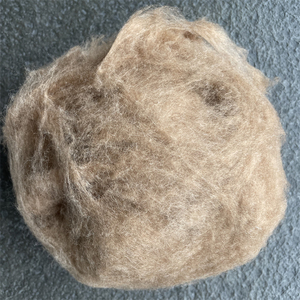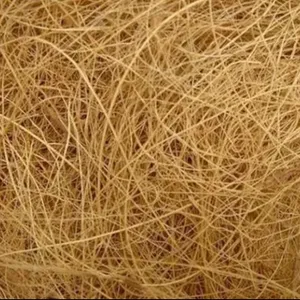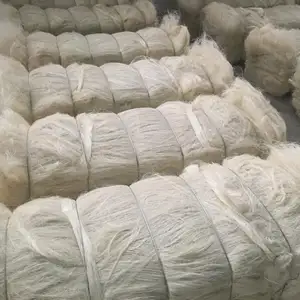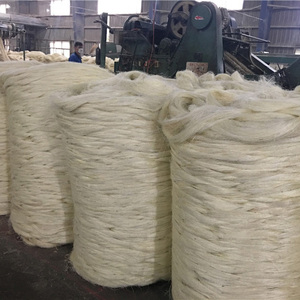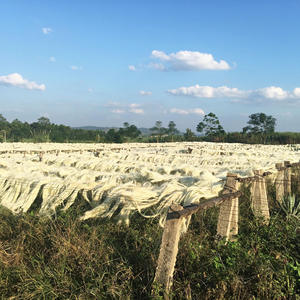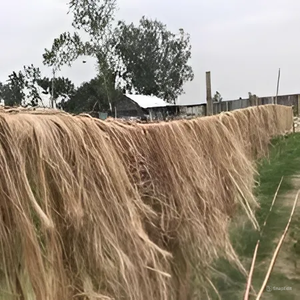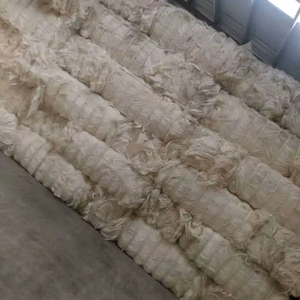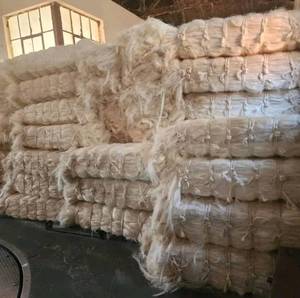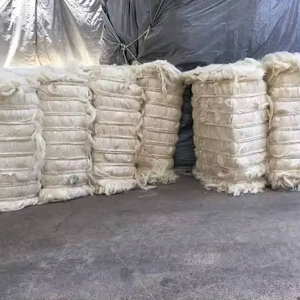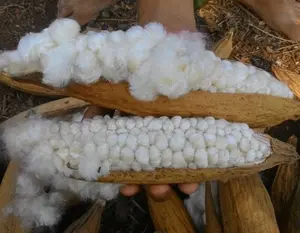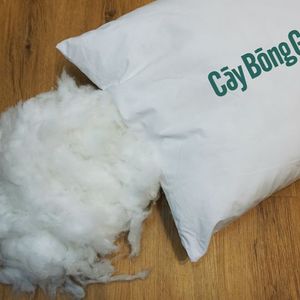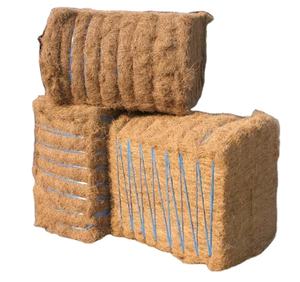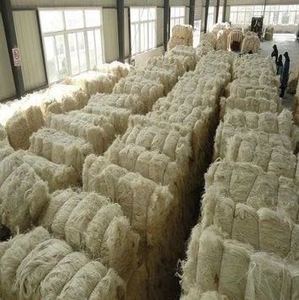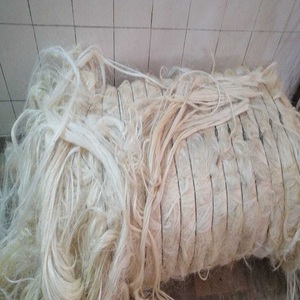Natural Fibres Examples



 1/3
1/3



 1/3
1/3



 1/2
1/2



 1/3
1/3



 1/2
1/2



 1/3
1/3

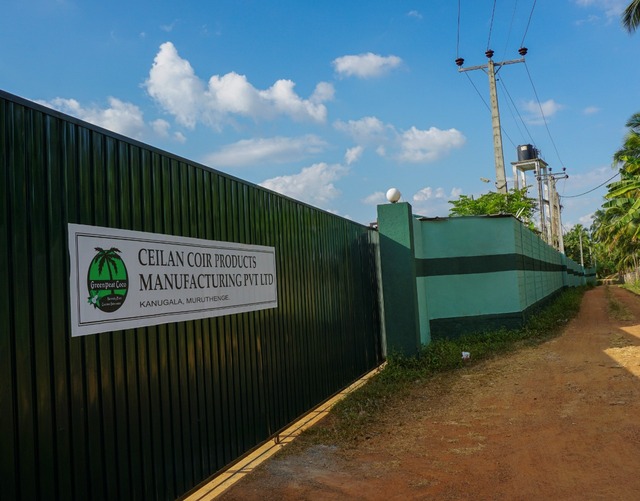

 1/3
1/3

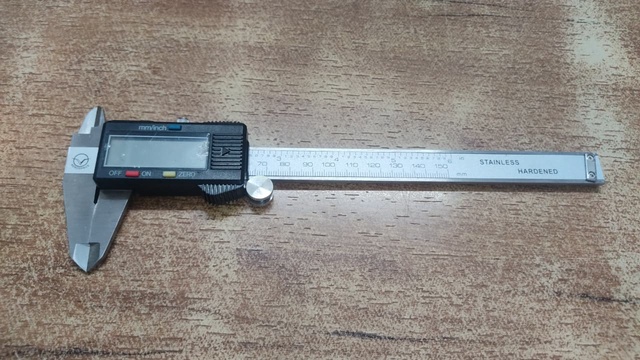

 1/24
1/24

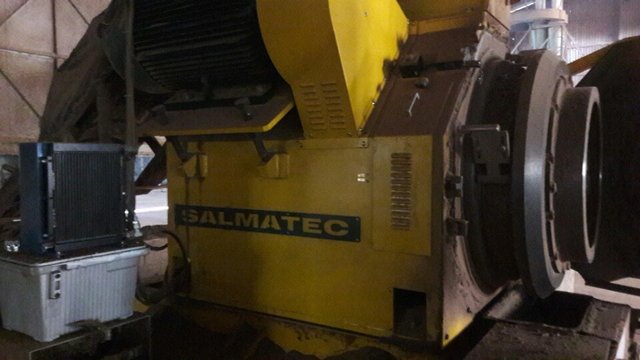

 1/3
1/3



 1/3
1/3


 0
0



 1/3
1/3



 1/3
1/3

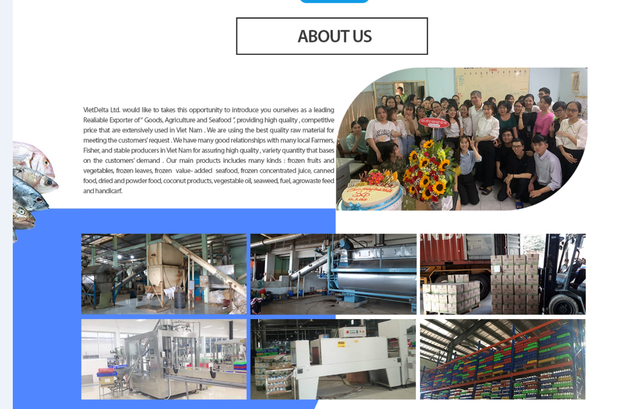
 1/1
1/1



 1/2
1/2


 0
0

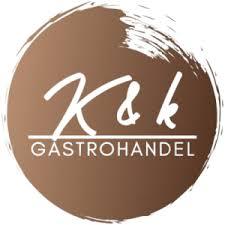
 1/1
1/1



 1/3
1/3



 1/3
1/3



 1/3
1/3
About natural fibres examples
Where to Find Natural Fibres Examples Suppliers?
Global sourcing of natural fibres is concentrated among specialized exporters in Asia, Latin America, and Africa, with key suppliers demonstrating strong regional material advantages. Sisal, coir, palmyra, tampico, flax, and hemp dominate the export portfolios, reflecting agricultural specializations in supplier countries. Leading suppliers operate from India, Turkey, China, Brazil, and Kenya—regions where climatic conditions support high-yield fibre crops and cost-efficient harvesting.
These suppliers leverage vertically integrated supply chains, from raw fibre extraction to processed bale or twisted product forms, enabling competitive pricing and consistent quality. Production scales vary significantly: bulk commodity suppliers offer tonnage-level sisal and coir at industrial volumes, while niche producers focus on premium-grade tampico or flax for specialized applications. Buyers benefit from diverse processing capabilities—including scutching, carding, and twisting—available within compact regional clusters that reduce lead times and enhance traceability.
How to Choose Natural Fibres Examples Suppliers?
Prioritize these verification protocols when selecting partners:
Material Authenticity & Processing Standards
Confirm 100% natural composition through lab reports or batch testing. For industrial applications requiring tensile strength (e.g., brooms, ropes), demand documented fibre length, diameter, and moisture content. Suppliers should specify whether fibres are raw, cleaned, degummed, or bleached, as these factors directly impact performance and downstream processing.
Production Capacity Verification
Evaluate operational scale based on order volume requirements:
- Suppliers handling orders above 10 tons should demonstrate warehousing and drying infrastructure
- Dedicated spinning or twisting lines indicate readiness for value-added products
- Response time under 5 hours and verified on-time delivery rates (>97%) correlate with reliable logistics management
Cross-reference declared production outputs with minimum order quantities (MOQs) to assess scalability.
Transaction and Quality Assurance
Prioritize suppliers with transparent transaction histories and responsive communication. Where available, verify online revenue indicators and reorder rates as proxies for customer satisfaction. Request physical or digital samples to evaluate texture, cleanliness, and consistency before committing to large orders. For eco-conscious buyers, confirm absence of chemical treatments and alignment with sustainable harvesting practices.
What Are the Best Natural Fibres Examples Suppliers?
| Company Name | Main Fibres Supplied | Price Range (USD) | MOQ | Response Time | On-Time Delivery | Online Revenue | Reorder Rate | Specialization |
|---|---|---|---|---|---|---|---|---|
| BARIS FIRCA SANAYI VE TICARET LIMITED SIRKETI | Tampico, Palmyra | $2.99–12.75 | 25 kg | ≤5h | 100% | US $700+ | - | Broom-grade palmyra, Mexico-sourced tampico |
| AGRO TRADE LTDA | Sisal, Hemp, Manila | $120–420 | 1–100 tons | ≤9h | - | - | - | Wholesale raw sisal, bulk supply capability |
| NEW SPRING IMPORT EXPORT TRADING COMPANY LIMITED | Coconut Coir, Coir Pots | $0.05–199 | 100 pcs – 18 tons | ≤4h | - | - | - | Eco-friendly coir pots, durable twine |
| KEVNUEL INVESTMENTS LTD | Sisal, Flax, Hemp | $950–2,500 | 1 kg – 1 ton | ≤23h | - | - | - | Premium-grade fibres, small MOQ options |
| Huzhou Luke New Material Co., Ltd. | Bamboo, Hemp, Viscose, Polyester Blend | $1.06–2.00 | 300–1,000 kg | ≤3h | 100% | US $1,000+ | <15% | Eco-friendly bamboo fibre, industrial blends |
Performance Analysis
BARIS FIRCA and Huzhou Luke stand out for reliability, both reporting 100% on-time delivery and sub-5-hour response times—critical for time-sensitive procurement. BARIS FIRCA specializes in tampico and palmyra fibres, ideal for brush manufacturing, with moderate MOQs suitable for mid-volume buyers. AGRO TRADE LTDA offers the largest bulk capacity, with MOQs starting at 100 tons for sisal, positioning it as a strategic partner for industrial-scale operations. NEW SPRING provides unique coir-based consumer products like biodegradable pots, catering to eco-product developers. KEVNUEL INVESTMENTS supports low-volume R&D needs with 1kg MOQs on high-value flax and hemp, though slower response times may affect agility. Huzhou Luke differentiates with blended natural-synthetic fibres, serving textile and nonwoven sectors requiring process adaptability.
FAQs
How to verify natural fibre supplier reliability?
Check response consistency, on-time delivery history, and transaction volume where disclosed. Request sample batches to assess fibre cleanliness, uniformity, and mechanical properties. For long-term partnerships, conduct virtual audits of storage and processing facilities to evaluate moisture control and pest prevention measures.
What is the typical lead time for natural fibre shipments?
Standard orders are typically fulfilled within 15–30 days after confirmation. Air freight samples arrive in 7–10 days; sea freight for bulk shipments takes 25–40 days depending on destination. Drying and baling cycles may extend lead times during humid seasons.
Can suppliers accommodate custom processing?
Yes, many suppliers offer cutting, twisting, dyeing, or blending services. Huzhou Luke and AGRO TRADE LTDA provide technical flexibility for fibre length customization and composite formulations. Confirm processing capabilities in writing before order placement.
Do natural fibre suppliers offer free samples?
Sample policies vary. Some suppliers provide small samples at no cost to qualified buyers, while others charge nominal fees refundable against future orders. Expect shipping costs to apply, especially for international deliveries.
What are common packaging and export standards?
Fibres are typically compressed into bales (50–100 kg) or packed in woven PP bags for moisture resistance. Export-ready suppliers comply with ISPM 15 regulations for wooden pallets and provide packing lists, certificates of origin, and phytosanitary documentation upon request.












